Bearing A Child: A Woman’s Greatest Act Of Love
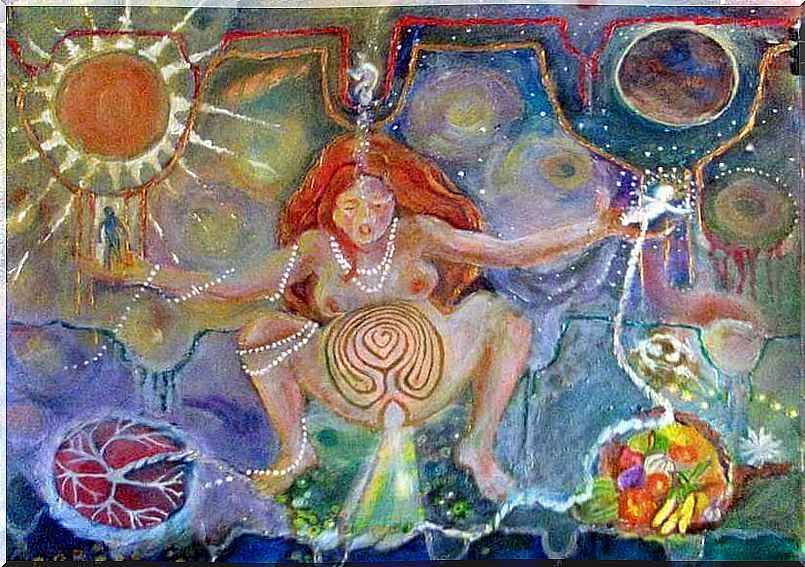
It is said that giving birth to a child is like a blind date where the mother meets the love of her life: her child. Few moments in life are as painful, earth-shattering and full of incredible emotions as the birth of a child at the same time. If conception was an act of love, the birth of the child is an even more emotional and loving act, in fact the greatest act of love of all.
The international week of the “Respectful Birth” takes place every year in mid-May and is dedicated to this topic. A topic that we should remember and that the World Health Organization (WHO) is also talking about. Representatives of the WHO state that in recent decades many women have complained that childbirth is too protocol-based, not very humane and sometimes even traumatic.
There is no pain greater than childbirth, and no deeper and purer love than that of a mother for the newborn she has just given birth.
Nils Bergman is a neonatologist best known for his studies in the field of perinatal neuroscience. In his opinion, one of the most important moments to create an appropriate bond that creates closeness between a mother and her child is undoubtedly that of the “first thousand minutes of life”. If the mother and child experience excessive stress, it could affect the quality of their connection in the long term.
So giving birth must be a careful act of love. We invite you to think about it together with us.
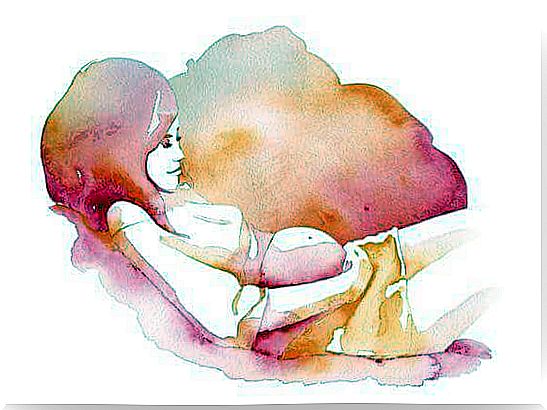
Bringing a child into the world: between pain, emotions and examinations
Bringing a child into the world is a difficult moment for both mother and child. If we also consider that many women have become mothers late in recent years, it is obvious that intensive medical care is necessary to ensure a birth without complications. How does this fit in with the large number of complaints that the WHO has about careless treatment of the woman giving birth?
Michel Odent, specialist in and advocate of respectful birth, reminds us once again: “Birth is the greatest act of love and mother and child should be able to enjoy this feeling from the very first moment.” What we have observed in recent years, however is the following:
- The number of births by caesarean section has increased considerably. At this point we want to mention again that a caesarean section must always replace the vaginal birth if there is a risk that the mother or child could be harmed before or during the birth. But today many women consciously choose the caesarean section, even if there is no such risk.
- Many women have confirmed that they felt very uncomfortable during childbirth. Touched by too many doctors and health professionals, being constantly examined and shaved, the induction of labor by the application of oxytocin, or the position they must be in to give birth – all of these make the expectant mother extremely stressed feels.
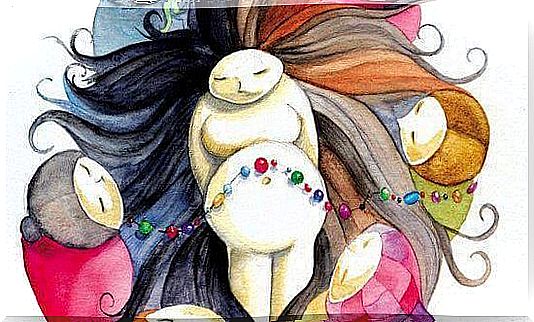
Of course, it is also clear that every mother has her own unique experience. Many perceive the birth as a beautiful experience, but others remember with reluctance or with great disappointment that moment in which something as important as direct contact between the mother and the newborn was denied.
Respectful births – or how the emotional bond between mother and child can be strengthened
The birth of a child is a painful and at the same time magical moment in which hormones and neurotransmitters set the pace. We must not forget that a neurobiological spectacle is going on in the brains of those involved that help the mother-to-be to establish this first bond with her baby.
Having a child is not only about giving birth to a child, it is also the hour of birth of a mother.
If the woman feels stressed or scared, this can negatively affect the quality of her milk, for example. If the baby is stressed and separated from its mother too early, it also has metabolic and cognitive consequences. Our DNA awaits this immediate bond between mother and child, and if not, the baby may find the world it was just born into as hostile or cold.
Because of this, it is important to follow a number of pieces of advice to ensure a respectful birth, one in which that bond can be created based on love and warm first contact.
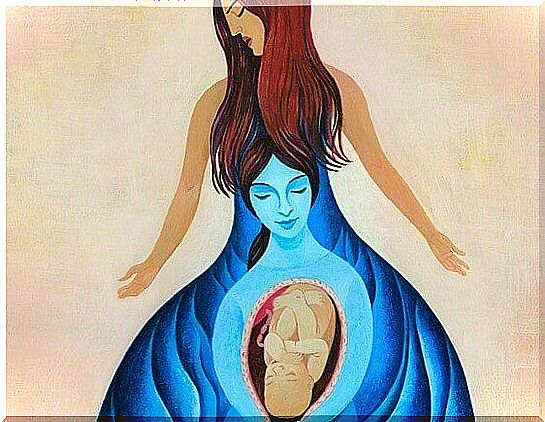
Advice for a love-based birth
There are many types of births and we do not want to discuss at this point whether a natural birth with or without medication, with a doula or a nurse is preferable. Above all, it is important not to expose the two main characters of this wonderful event to any danger at any moment: the mother and the child.
Every woman is free to choose how she wants to give birth to her child, but we should keep these simple aspects in mind:
- The WHO defends what is known as “humane birth”, in which the woman has, for example, the right to decide in which position she wants to give birth. Of course, this only works if there is no danger to mother or child.
- Close, loving and intimate contact should be encouraged so that the mother-to-be feels comfortable at all times.
- The umbilical cord should not be cut immediately. It is known that it contains thousands of mother’s cells, nutrients and a multitude of important substances for the future development of the child, which have a positive effect on the child.
- Also, the placenta that surrounds the baby should not be injured, as this tissue continues to provide oxygen-rich blood. If there is a chance, it is preferable that it detach naturally because it allows the onset of pulmonary breathing in a stress-free manner.
- The newborn should come into contact with the mother immediately. So both should stay for hours, because this counteracts stress, the beginning of breastfeeding is facilitated, the heart rhythm, temperature and blood sugar are regulated and the immune system of the newborn is strengthened.
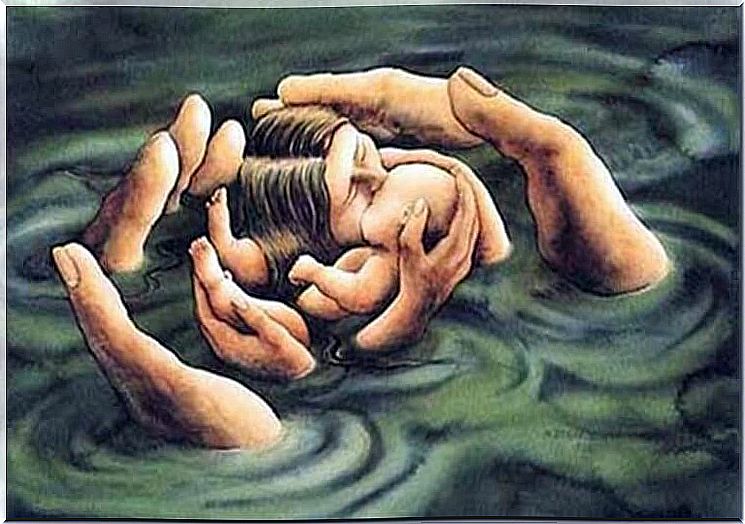
In summary, we can say that giving birth to a child is not just a “medical act” characterized by adequate research that identifies and eliminates any risk. We must encourage respectful and loving births in which the bond between mother and newborn is present from the very first moment.









